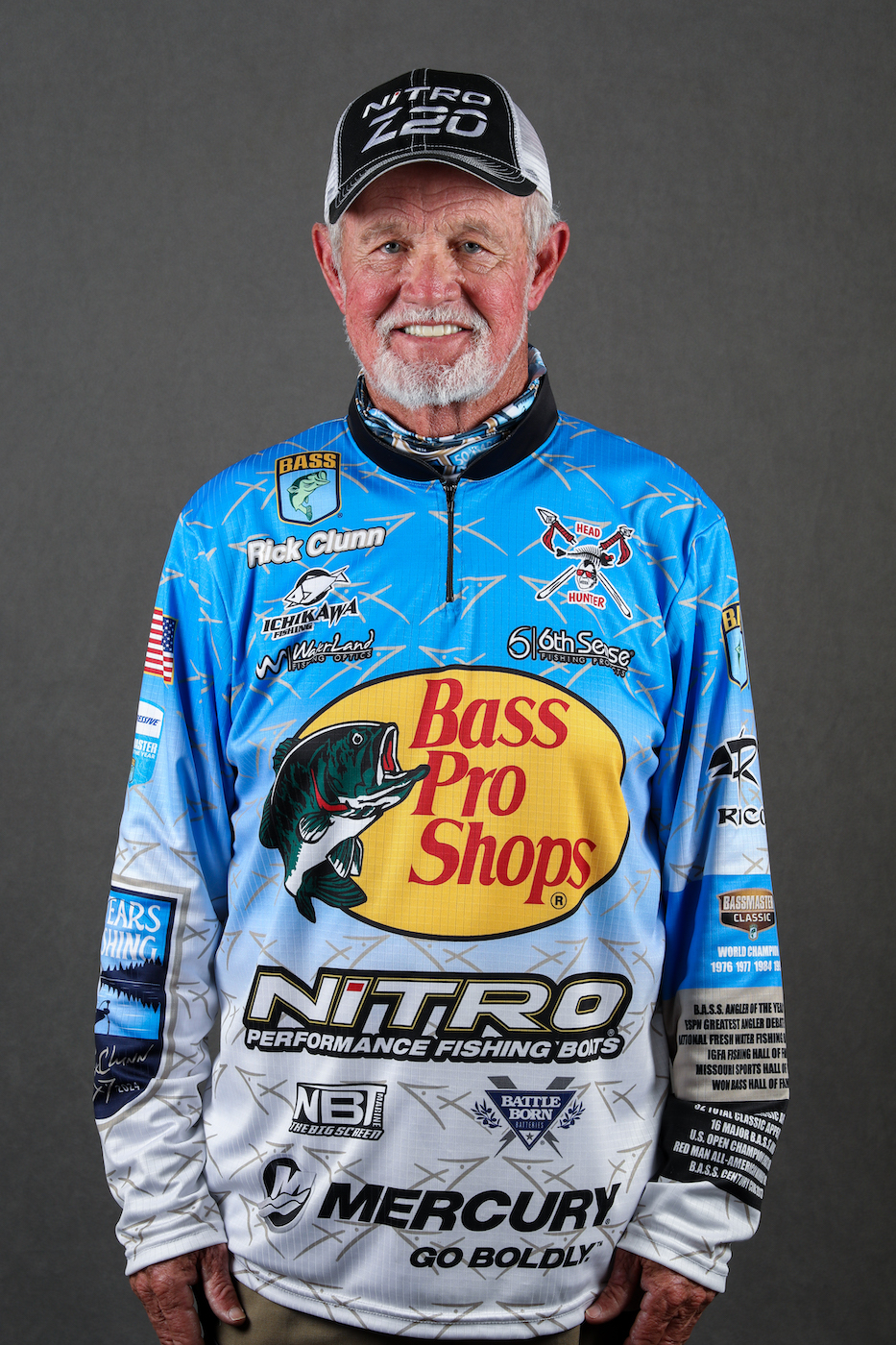
Enthusiasm for our sport has never been greater. We’ve got high school and college kids pouring into competitive bass fishing, and that is great for the sport.
However, I’m concerned that many newcomers are being misguided by the potential financial rewards rather than their passion for the sport.
Obviously, anyone coming in loves to fish. But when that passion becomes clouded and driven by financial delusions, anglers start chasing dollars and not the fish. They get disenchanted quickly and blame everyone but themselves because they haven’t gotten rich.
They burn through credit cards or worse yet, sacrifice family security.
They lose their drive. The dream.
When you sell out your dream you lose sight of what drove you into fishing in the first place – that passion to fish competitively.
Sure, there have been a few young anglers rise to stardom quickly by virtue of winning a few tournaments, a Bassmaster Classic or an Angler of the Year title.
But those are rare exceptions. It takes time and experience for most anglers to achieve that level of success.
I learned that first hand years ago. Although the paychecks are bigger today, the challenges are no different than they were when I started.
I was very impulsive and didn’t always make the right decisions. My wife and I had very good jobs at Exxon, but when I saw Bobby Murray win $10,000 in the 1971 Classic, I was energized. I wanted out of the Houston traffic and corporate world and to go fish for a living.
So I quit my job with absolutely no plan other than to fish.
It was tough. Real tough.
We lost our nice, three-bedroom house in Houston and had to move into a little 2 1/2-room rental on Lake Conroe.
I tried guiding for money but got very few jobs because no one knew me.
We were flat broke.
I went to several B.A.S.S. tournaments knowing I had to fish well enough to get a check to have enough cash to get home. I slept in my car or a tent and lived on sandwiches I brought from home.
In fact, when I qualified for the 1976 Classic, I didn’t have enough money to get there. I had to sell my prized deer rifle to have enough cash to cover my travel expenses.
It proved to be worth it, as I won that Classic at Lake Guntersville, Ala., and turned my career around.
That doesn’t mean it’s always easy. I’ve been able to persevere for 44 years in the sport because I never had any delusions of getting rich. All I wanted to do was earn enough to make ends meet and do something I loved to do.
I haven’t lost sight of that today.
It’s the importance of that passion that I express to parents when they ask if their son can make it as a pro.
I ask them if he hits rock bottom, will he still have that same enthusiasm and excitement? If he has that in him – the passion to fish when the odds are stacked against him – he might make it. He can’t let the vision of becoming rich get in the way. He has to love what he’s doing.
I also suggest he not get married; not that marriage is a bad thing, but raising a family adds to the pressure if you’re going broke.
He should fish as many state and regional events to gain experience on a variety of waters. Test his talents against good anglers and experience the financial responsibility and grind that goes with being a touring angler.
Build up a resume that deserves attention, but don’t expect sponsor dollars to carry him in the beginning. There are more anglers vying for sponsorship dollars now than ever before, and no one “owes” you because you fish professionally.
The key to getting sponsors is building relationships over time. When contacting a potential sponsor, the first line should be, “I don’t want anything from you, but I want to introduce myself and tell you my plans.”
Keep them updated on your career accomplishments, and once you do well, they will remember you and the fact you built that relationship without asking for money.
My final advice is don’t go for broke all at once like I did. It’s ok to have another job to support yourself until you build some financial stability.
I was fortunate that it worked out for me, but that doesn’t happen very often. When you force your love for fishing to shoulder the responsibility of attaining success, you run the risk of destroying that love for the sport.

